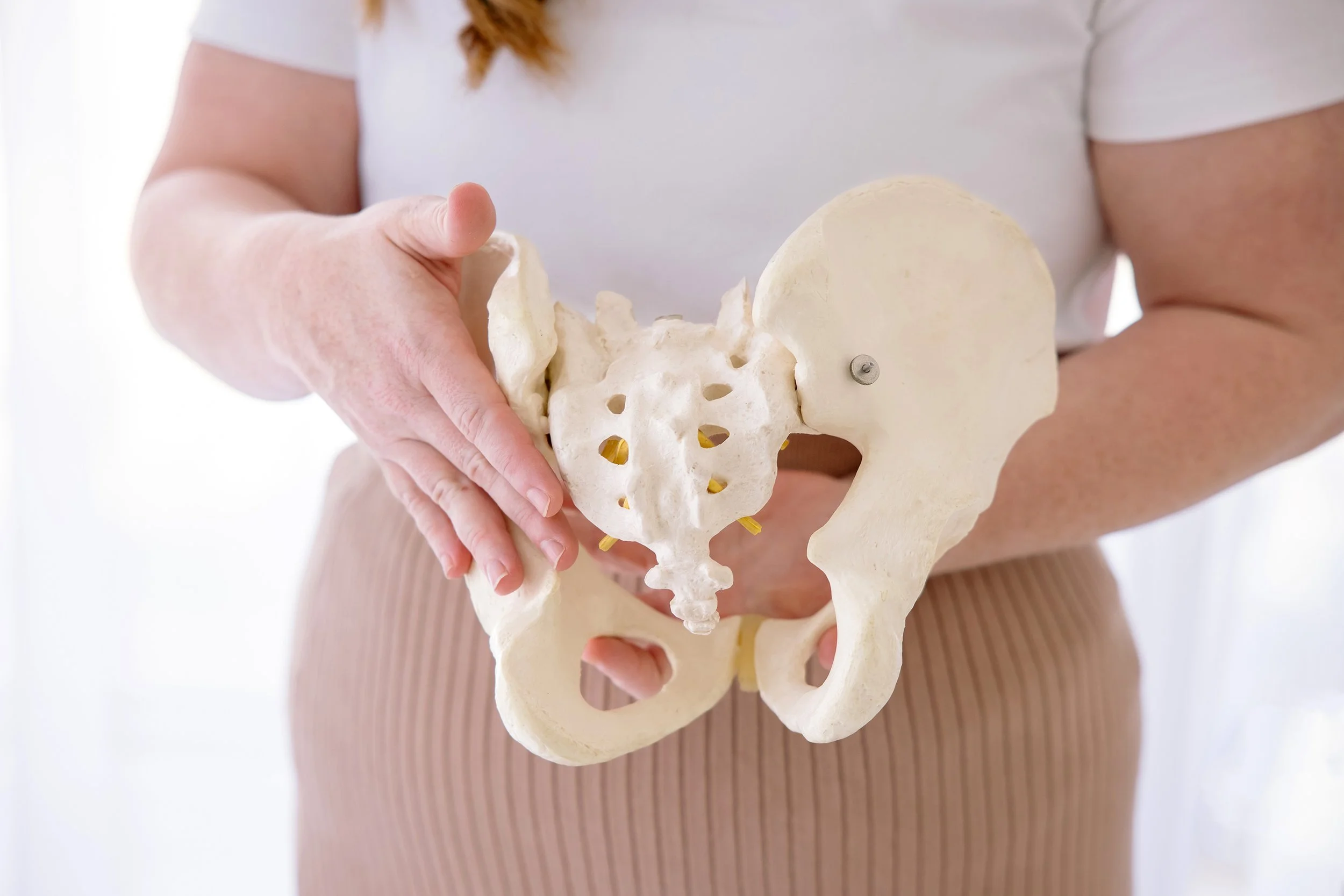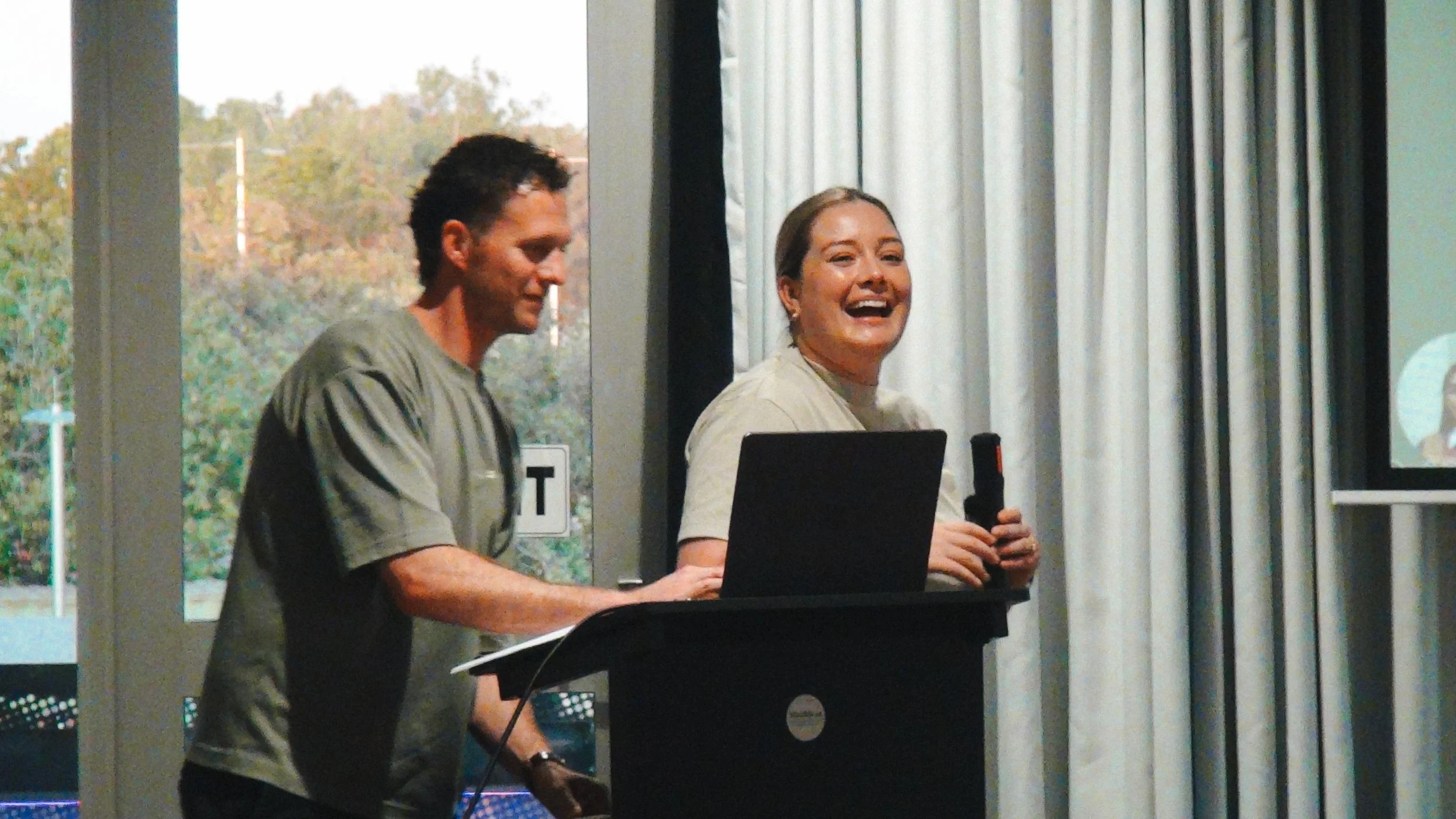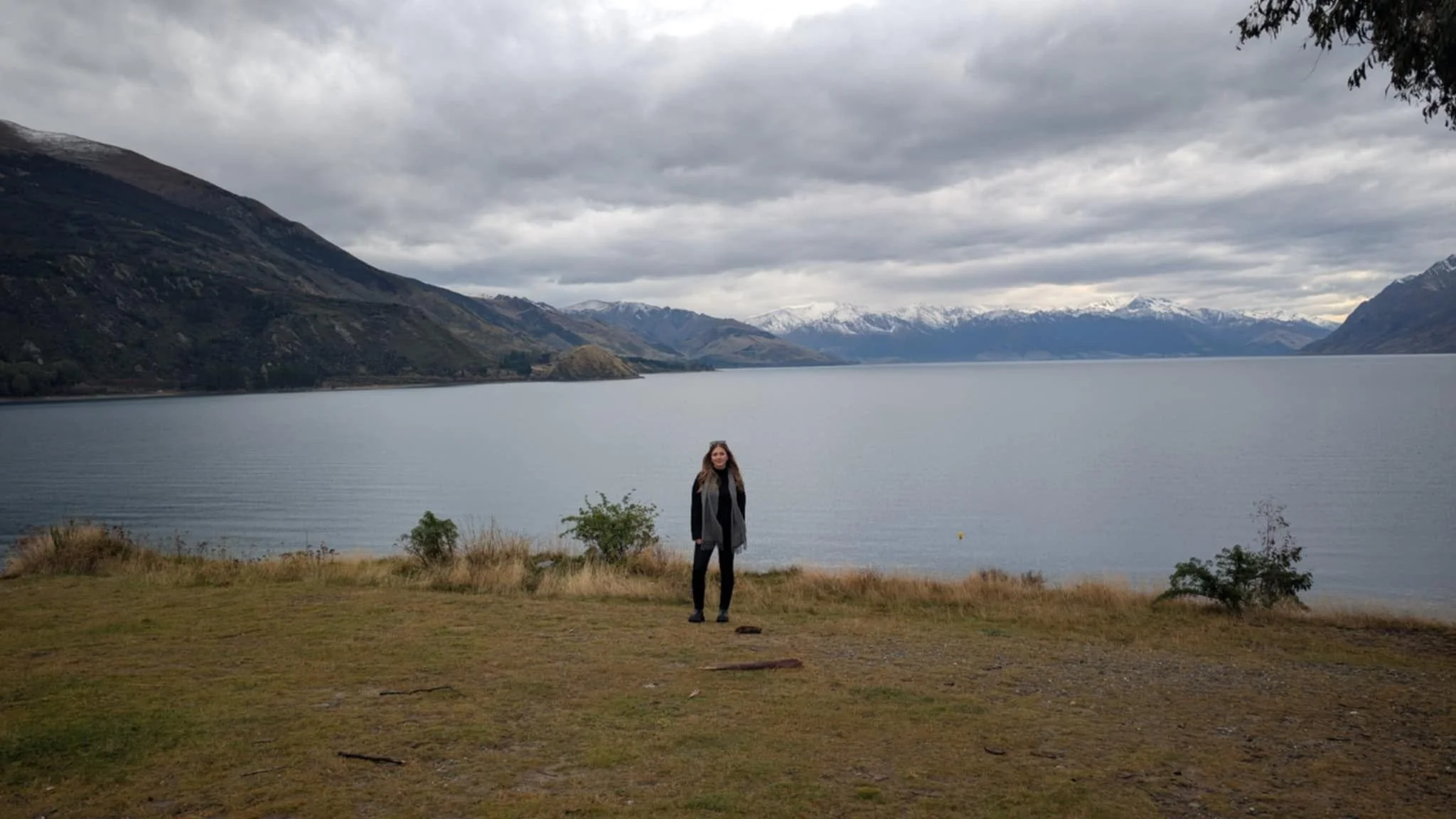The Matilda Blog
Supporting you in understanding endometriosis, navigating surgical care and speaking up for what your body needs.
Meeting People Where They Are
A reflection on why traditional clinic-based physiotherapy doesn’t work for everyone, and how mobile and telehealth care are improving access to pelvic health support.
2026: New Year, New Me?
A reflective piece on living with endometriosis in a world obsessed with highlight reels. A reminder that small wins, rest, and self compassion are real achievements.
Sleighing Endo: Tips for a Gentle Christmas
Christmas has always been my favourite time of year, even if my endo sometimes reminds me it has other plans. I used to throw myself into the season full throttle, only to crash halfway through. Over time, I’ve learned a few ways to enjoy it without letting pain, fatigue, or stress take over.
The Economic Burden of Endometriosis: What Australian Data Reveals.
A clear look at the $9.7B national burden of endometriosis and why better support matters.
Matilda are Finalists at the WA Innovator of the Year Awards! Celebrating Innovative Endometriosis Care
Matilda was honoured as a finalist in the WA Innovator of the Year Awards for our world first digital support program helping people feel prepared, supported, and informed before and after endometriosis surgery, shining a light on this under-recognised condition.
Understanding Endometriosis Pain: In conversation with Dr Jane Chalmers (Pelvic Pain Researcher)
Pelvic pain expert Dr Jane Chalmers explains why endometriosis pain doesn’t always match disease severity, and how to support your nervous system before and after surgery. Learn more about pain recovery and holistic healing with Matilda Health.
You Are Not Alone: How to Reconnect After Surgery
After surgery, it’s common to feel physically drained, but what we don’t talk about enough is the emotional impact of recovery. Many people describe feeling isolated, disconnected from their support networks, or unsure of how to reach out again.
In this blog, we’ll explore why social support matters so much during recovery, and offer gentle, practical ways to reconnect, even if you’re not quite sure where to start.
Healing from Medical Trauma: What It Is and How to Move Forward
Medical trauma is more common than we think, and rarely talked about. In this post, Matilda psychologist Sophie Callen explores what medical trauma is, how it might show up in your life, and offers grounding tools, self-advocacy language, and healing strategies for moving forward.
Bladder and Bowel Health Before and After Endometriosis Surgery
Bladder and bowel dysfunction are frequently under-recognised components of the endometriosis experience, yet they are often among the most distressing.
What If It’s Not Endo? Navigating Uncertainty After a Laparoscopy Without a Diagnosis
Navigating uncertainty is one of the hardest parts of the endometriosis journey, especially when you’ve gone through the process of a laparoscopy and come out the other side without a clear diagnosis.
Preparing for Endometriosis Surgery: Why Prehab and Rehab Matter
Preparing for surgery can feel overwhelming- there’s so much to think about, both physically and emotionally. That’s where prehab and rehab come in. These simple, evidence-based strategies can make a real difference to how you recover and feel after surgery.
Improving Regional Endometriosis and Pelvic Pain Care: Reflections from Our Sunset Sessions in Broome
Matilda Health’s Beyond the Pain event in Broome brought together community and clinicians to discuss endometriosis and pelvic pain. We explored the gaps in care, the importance of pre- and post-surgery support, and how digital programs can improve recovery and connection in regional Australia.
Living with Endometriosis in Rural Australia: Bridging the Gap with Technology
Some days, just getting to an appointment feels like a huge effort. When my pain is bad, even sitting in the car can be exhausting, and by the time I arrive, I’m often too tired to fully take in the information or ask all my questions. And if I can’t make the trip at all, it means waiting longer for answers and delaying the care I need.
What Should Be in Your Endometriosis Flare Toolkit?
Living with endometriosis or pelvic pain, like many chronic conditions, means navigating ups and downs. Having a ready-to-go flare toolkit can make a huge difference. Instead of scrambling to cope or feeling confused when symptoms increase, you can reach for a curated set of tools to ease your body and support your mind.
Learning to Love My Body with Endo: Scars, Bloating, and All
Scars, bloating, and self-doubt- Anna shares how endometriosis shaped her body image and how she’s learning to love her body again, exactly as it is.
Why I Chose to Have Three Surgeries for Endometriosis
When it comes to endometriosis, there’s no one-size-fits-all approach and choosing to have surgery is a deeply personal decision. It’s not something I ever took lightly, and it’s not the only path to relief. But for me, at three different points in my journey, surgery felt like the right choice. Looking back, each of those decisions came from a place of wanting to protect my health and quality of life and I do not regret undergoing any of those procedures.
Improving Access to Endometriosis Surgery Support in Rural and Remote Australia
How can we improve women's health outcomes in regional WA? We spoke to Ellen Smith from the Triple R Network about access, endo care, and local connection.
Love Your Labia: A Pelvic Physio’s Take on What’s Normal (and Why That Question Matters)
When you live with endometriosis or persistent pelvic pain, it’s easy to feel like your body is working against you- especially when people don’t often discuss the pelvic area. And then you get referred to Pelvic Physiotherapy, and have no idea what to expect!
Many clients arrive at their first Pelvic Physiotherapy session feeling anxious. Some are scared it’s going to hurt and others are worried that something about their vulva, labia, or vagina isn’t “normal.” I’ve lost count of how many people have nervously asked: “Is it okay down there?” or whispered, “Sorry, I haven’t waxed…”
So let’s discuss this and clear things up- with kindness, facts, and zero shame.
How Can I Manage My Pain Day to Day?
If you live with endometriosis or persistent pelvic pain, you probably already know that pain doesn’t follow a neat, predictable schedule. Some days are manageable. Others are overwhelming. And many days fall somewhere in between.
Endometriosis Surgery Recovery Timeline: Week-by-Week Insights
Recovery from endometriosis surgery is about more than wound healing. It’s a delicate process of physical, emotional, and hormonal adjustment- especially in the first few weeks.





















